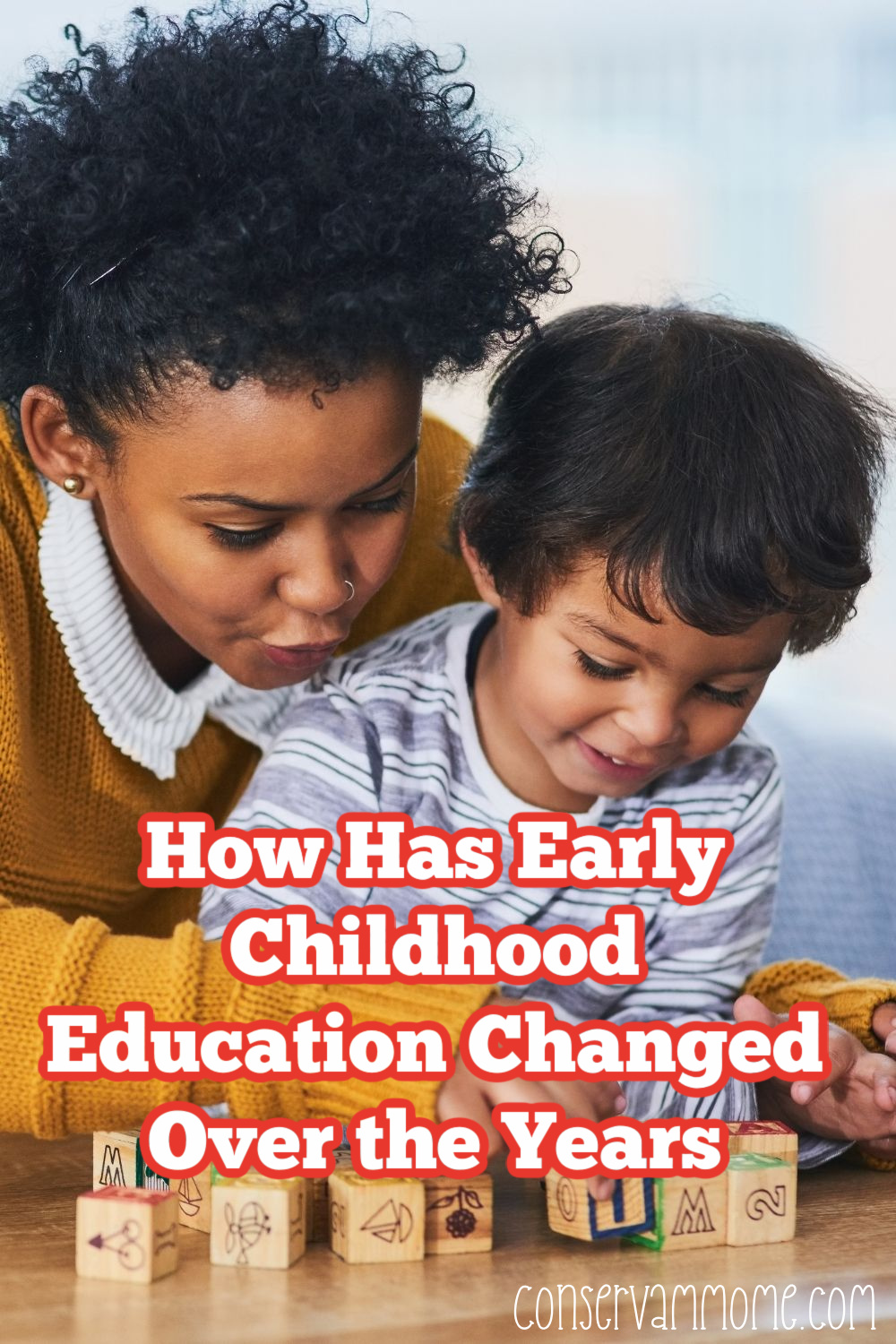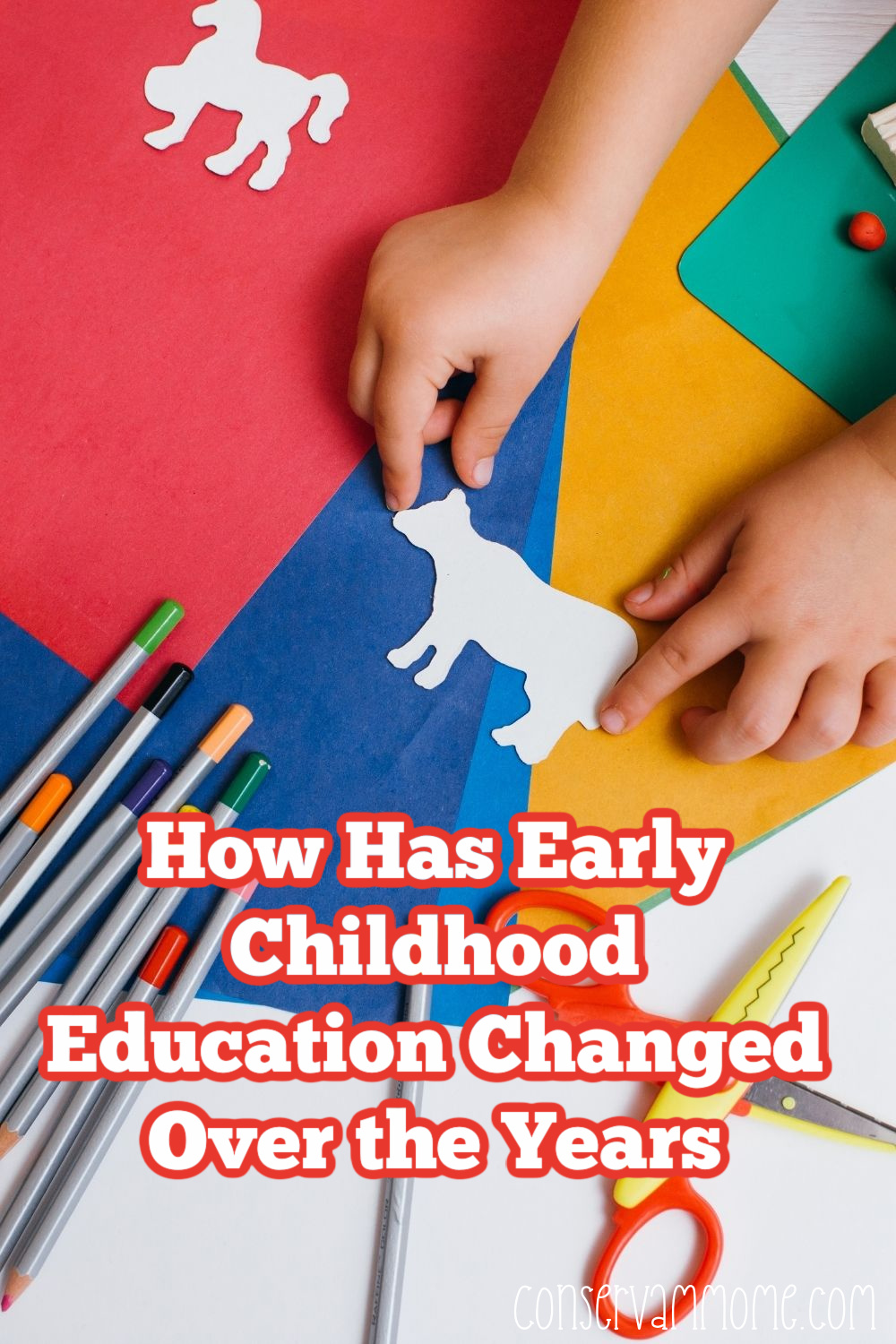There have been many changes in education over the years. Here are some ways in which Early Childhood Education Changed Over the Years.
How Has Early Childhood Education Changed Over the Years
Early childhood education starts from the birth of a child until they finish kindergarten. Over the past decades, the learning process of young children has taken an advanced path and been given great care. Specialists in children’s education made it clear that young ones learn many important skills through interaction with adults and peers. The early learning foundation is much more than just the basic learning of skills. It’s the right time where children get to learn social-emotional skills, develop their cognitive ability, and critical thinking. When childhood education is processed successfully, it sets strong grounds for life’s educational journey. Read through our article to know how early childhood education has changed over the years.
Lasting Impacts of Early Learning Education
Several factors affect the early steps in children’s education and development; the building process of a child and their parent relationship is one of the major factors that influence their educational and developmental journey throughout their life. The mental and physical growth of children is affected greatly by all concepts that they’re introduced to at home and at daycares. Children’s relationships with their parents and early educators must be built on trust and understanding. Children are different, the way they think, act, and play must be based on individual needs and progress. They should be comfortable where they are in order to learn and develop.
Parents must choose the best early learning centre for their children with suitable programs. Early learning education programs play a crucial role in shaping a child’s cognitive, social, and emotional development during their formative years. Various methodologies include play-based learning, Montessori, Reggio Emilia, or traditional academic approaches.
Children develop essential cognitive, social, emotional, and physical skills through play. Play-based learning environments often incorporate building, pretend play, and group games to promote holistic development.
The Montessori method is centered on the belief that children learn best when they control their own learning experiences. The approach emphasizes independence, order, and the development of practical life skills. The classrooms are carefully prepared environments with specially designed materials that encourage self-directed exploration.
The Reggio Emilia approach originated in Reggio Emilia, Italy, and is characterized by its emphasis on child-driven and project-based learning. It views children as competent, capable learners who can construct their knowledge, and a strong focus on the arts. Projects evolve based on the interests and questions of the children, promoting critical thinking and creativity.
Early Childhood Educators
Educators at this age have the biggest impact on a child’s life and the development of social-emotional skills. They are the key to their support in many aspects, they create an impact on their ability to create, their imagination development, persistence, and curiosity. Aside from these, the specialists at Story House Early Learning believe in the vital role of relationships with parents and the community. These are important in order for children to reach their potential and have an essential role as global citizens. Children learn best by developing a sense of exploration, understanding themselves and others, and knowing their environment. The learning process at this age has to be supported by responsive and active programs to help develop their sense of identity and independence.
Maximizing Learning Outcomes
The best way to maximize the learning outcomes of early childhood learning is based on using each child’s interest to introduce educational concepts and other learning skills. Each child is different, they’re unique and have different paces in learning and understanding. Bending educational programs, playrooms, and classroom learning to serve every child’s interest will elevate their learning skills and give each a chance to excel in something different. Building up educational concepts that are based on a single child’s interest is possible and turns out to prove its success with many early learners as well as school students. This method opens new doors to a revolution in education taking it to another level that requires the passion and enthusiasm of individuals working in this field.
The world has come to realize the importance and impact of early childhood education. In shaping the whole identity of an individual. Children at this age are receptive and capable of developing many skills much more than the basic ones. It’s the role of parents, early educators, and the whole community to support children on their journey. One of the biggest influencing aspects of education at this age is working on the development of social-emotional skills. Supportive learning that give children the chance to follow their interests is one of the most successful approaches for learning at an early age.


Leave A Reply!